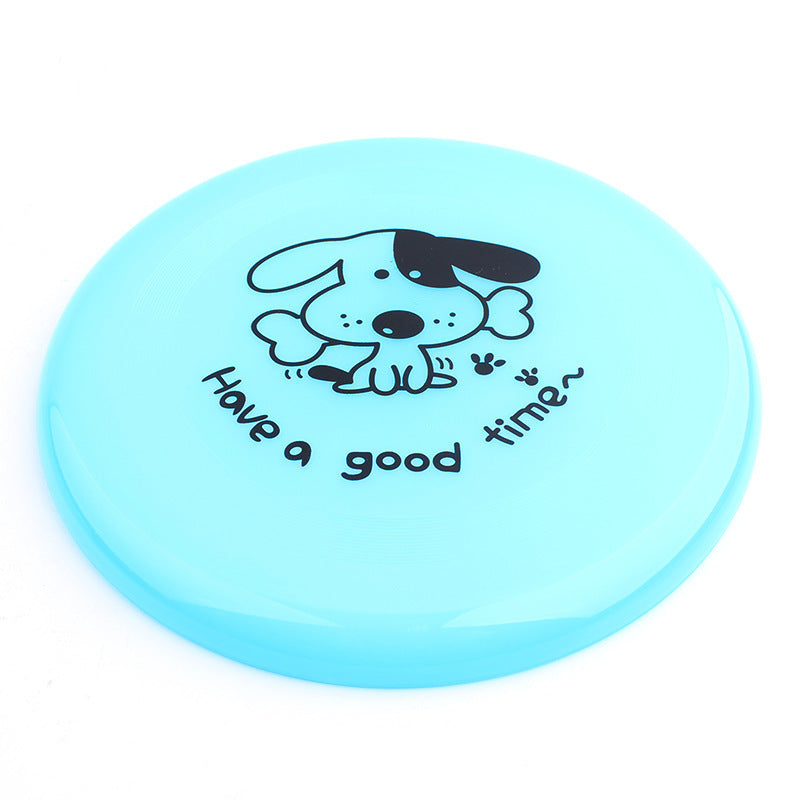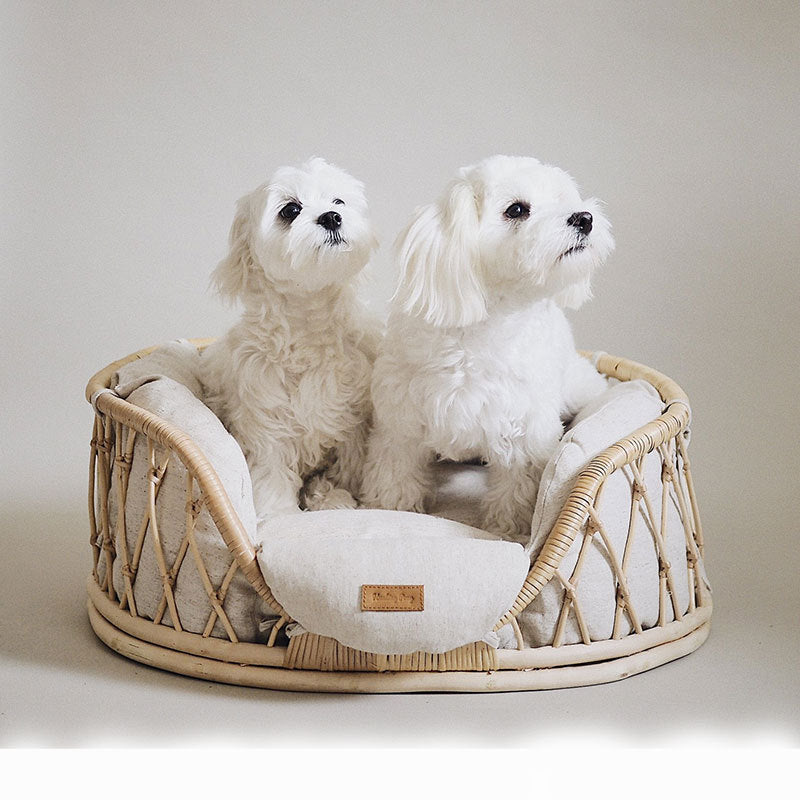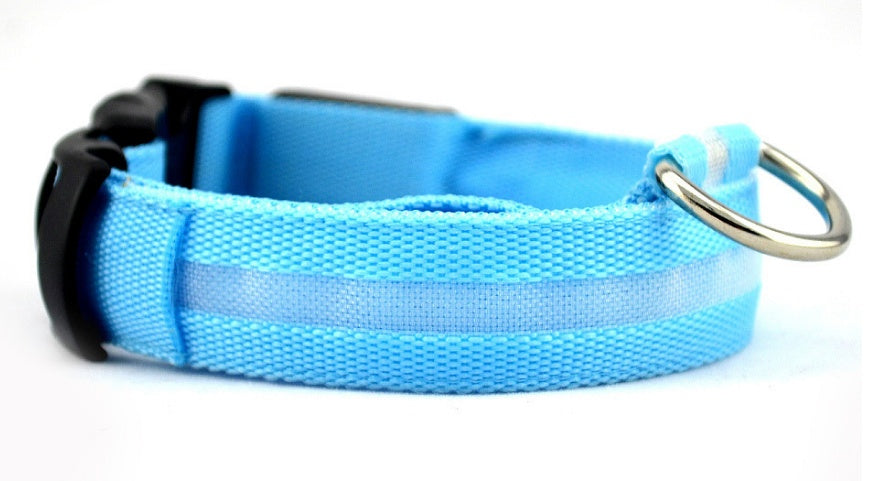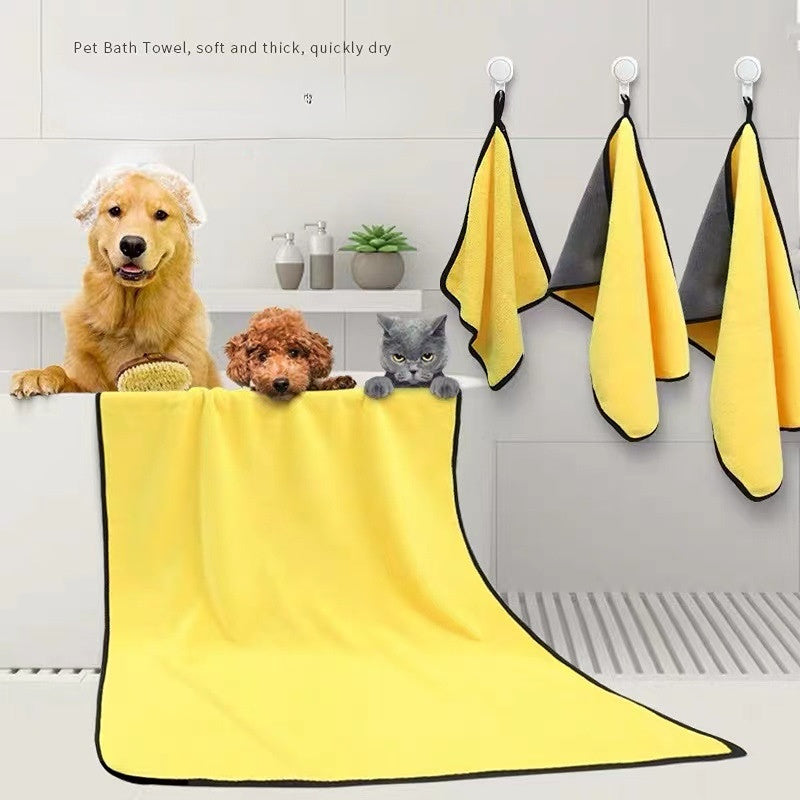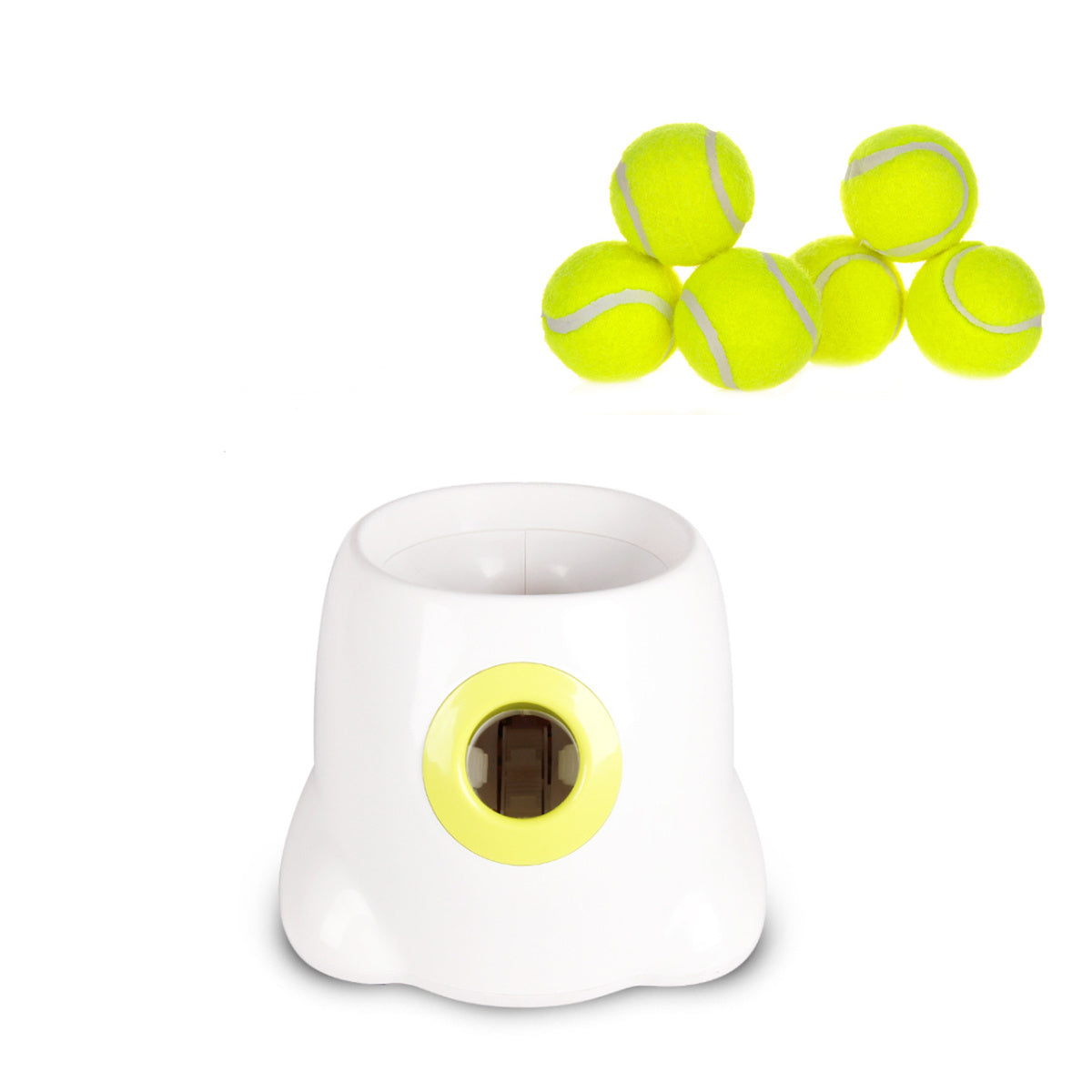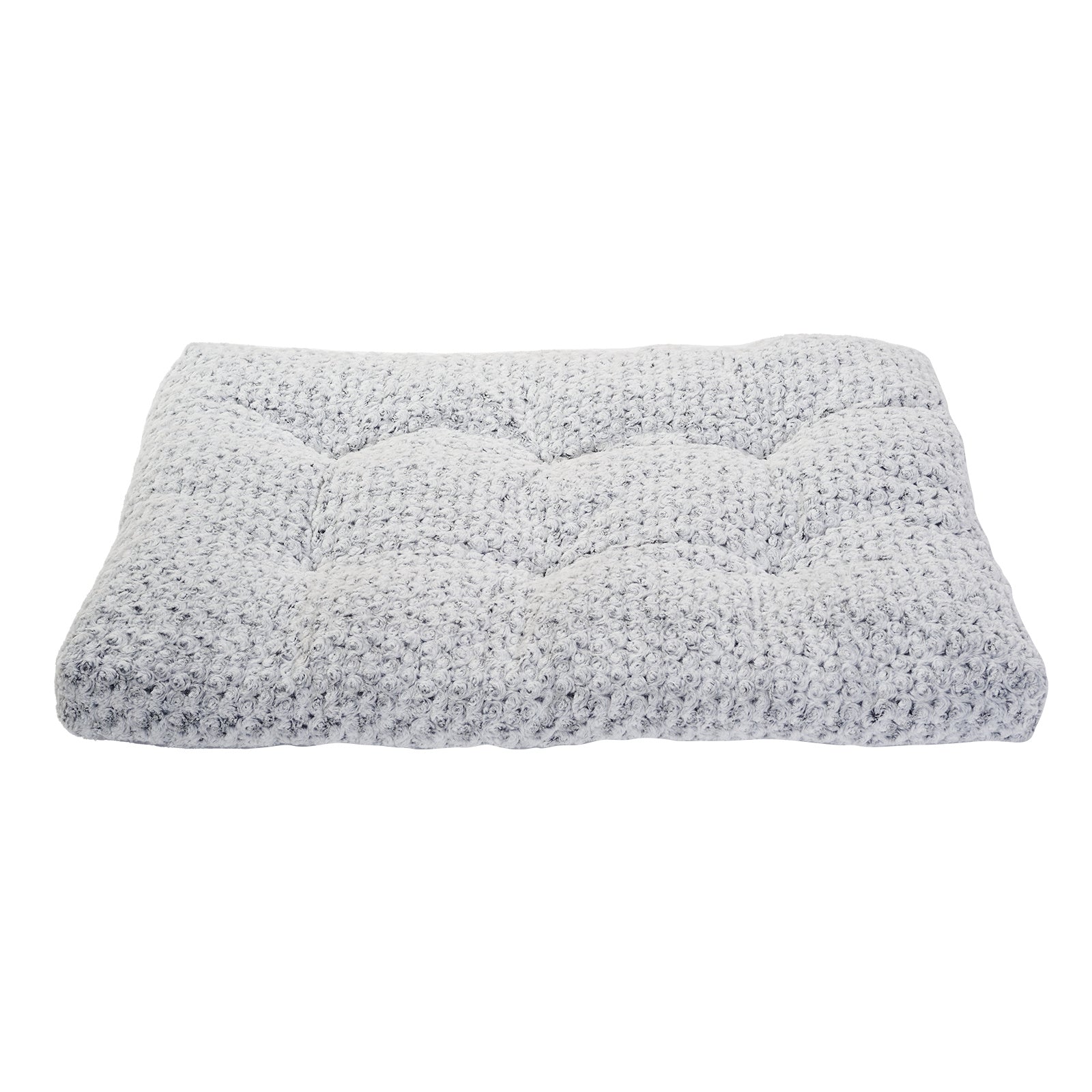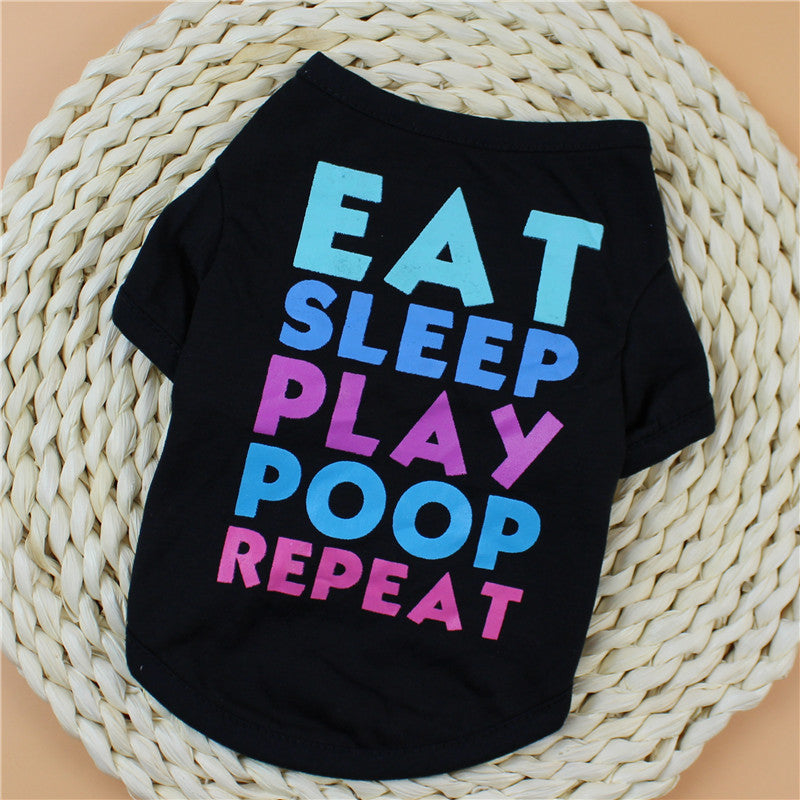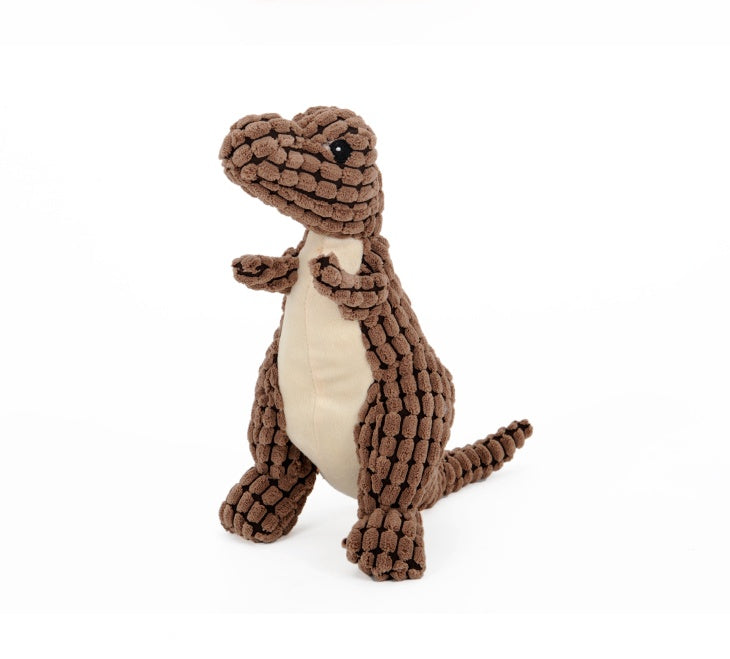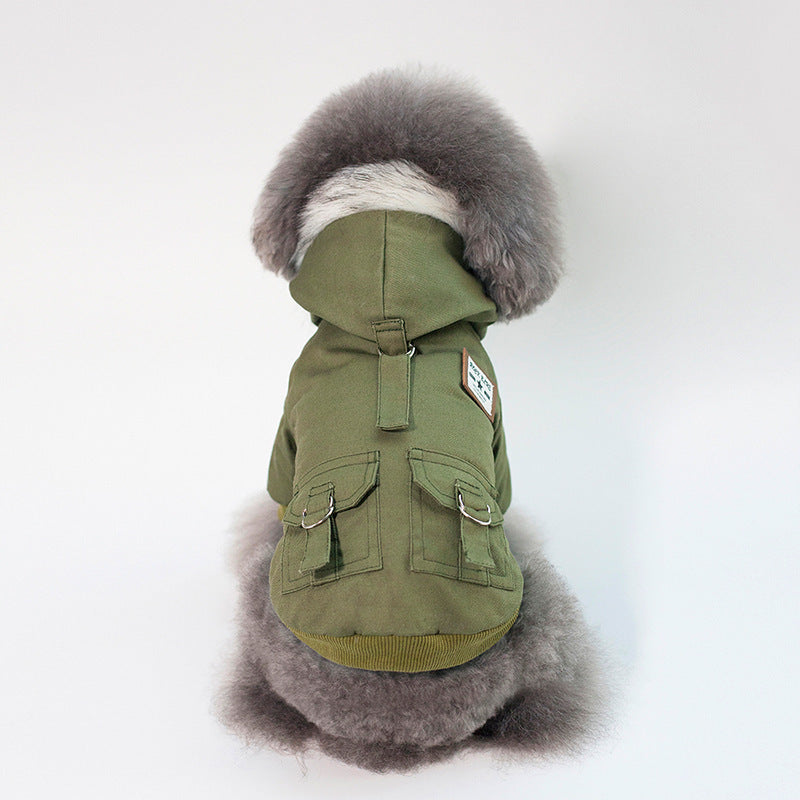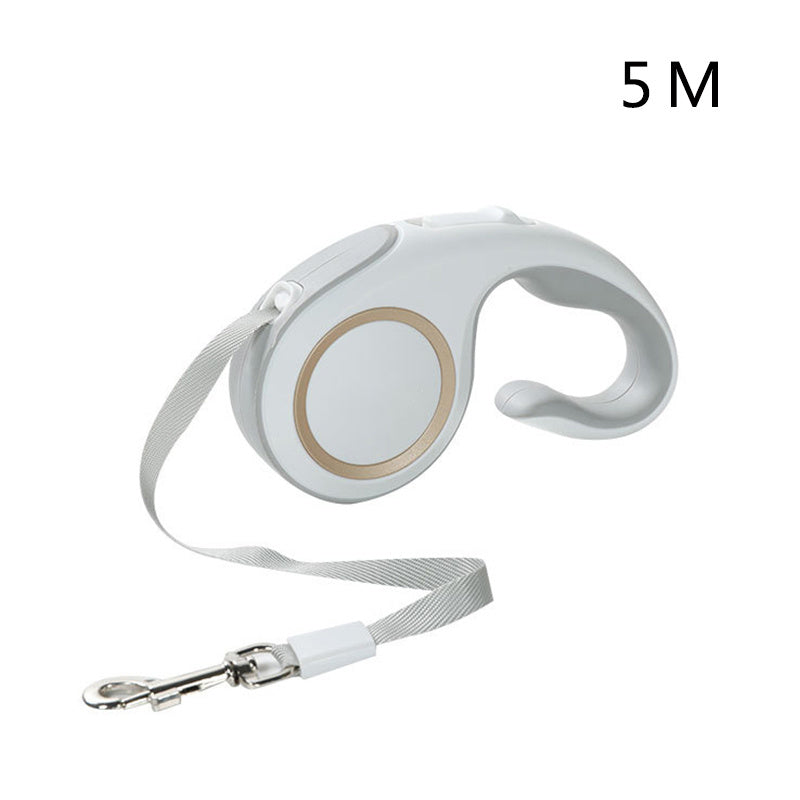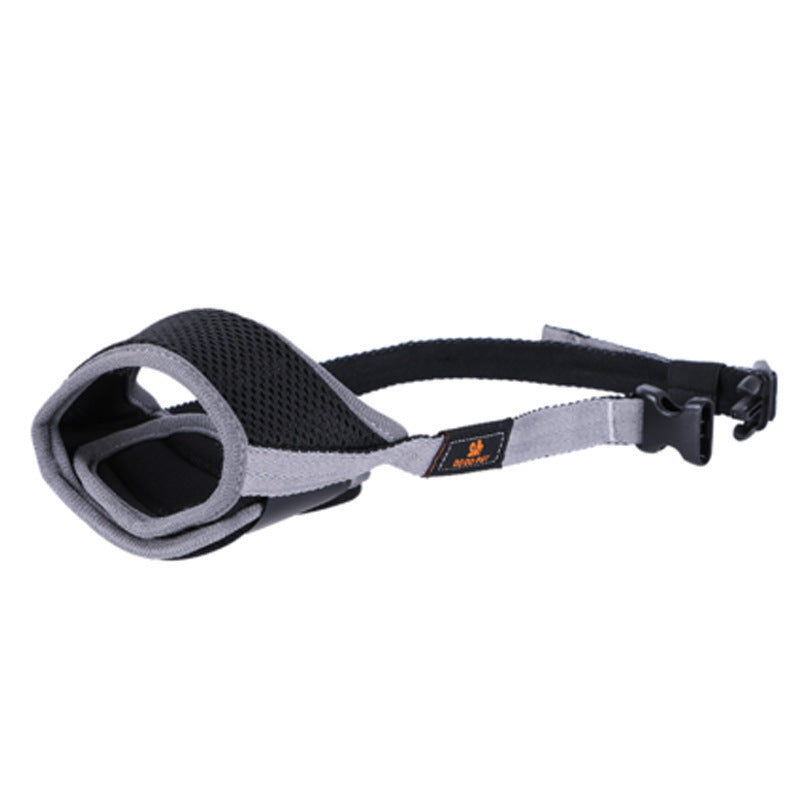
6 Important Factors to Consider Before Getting a Second Dog

If your dog spends a great deal of time sleeping or seems to crave your attention a good deal of the time, you may consider getting a second dog to keep him or her company. Having more than one dog in the house can be a lot of fun, with plenty of antics to entertain you, but is also considerably more work. Here are 6 factors to consider before getting another dog for your family.
1 - Current Dog's Personality
The first action you should take before getting another dog is to carefully assess your present dog's personality. Some dogs, and some breeds of dogs, do not do well with other canines. If your dog has occasions to be among other canines, whether walking around the neighborhood or at the dog park, you probably know his or her ability to accept other animals. The animal may be too territorial, jealous or dominating to accept another dog in the household and would make life pretty unpleasant for the newcomer. If you aren't sure how your dog would react, find some opportunities to safely interact with other dogs while your pet is on leash.
2 - Age of Current Dog
Younger dogs are more likely to accept the changes involved in adding a new dog to the household. Older dogs may be slower and frailer, which could make them irritable in dealing with the higher activity levels of a puppy or younger dog. If your older dog has physical limitations or health problems, the disruption of adding a new dog to the family could be very taxing. In these cases, you should consult with your veterinarian about the wisdom of acquiring another dog at this time.
3 - Additional Expense
More than one dog also means more than one veterinary bill. Dogs need periodic vaccinations, testing and checkups to maintain good health throughout life. Occasional illnesses add even more to the vet expense. Make sure you have enough room in your budget to accommodate these costs. You can also ask your vet if they offer a multi-dog discount for preventative care services. You will also have to pay more for boarding when you go on vacation.
4 - Space Requirements For Two Pets
If you live in a small apartment or house, consider whether having another pet will allow sufficient comfortable space for all. A large or very active dog will need a significant amount of indoor space to move around. You may want to choose a smaller dog or one that is less active.
5 - Time Needed To Train and Assimilate New Pet
Busy families should be aware that getting another dog will require time to monitor the two animals to make sure they become familiar with each other in a safe manner. Be prepared to separate the two dogs while you are away from home for a period of time to ensure their safety. Putting them in separate rooms or separate crates can often be a good solution until you can be sure they have accepted each other. You will also need some time to train the new dog, so he or she will fit into your household comfortably. This should include teaching the new dog acceptable places to go to the bathroom outdoors, where food, water and toys are located, where to sleep and staying away from doors and other hazards. Begin teaching more specific commands, as desired.
6 - Family Concerns
In some cases, it's the children that are calling for adding another dog to the family. However, this may not suit the schedule of the adults in the family or the family budget. At other times, one person in the household may want another dog, but the others may not. The best strategy is to sit down with family members and make sure everyone agrees to the additional work, time and expense that adding another dog would require. If everyone is on board, the transition period will be much smoother for all concerned. If you can't agree on whether to add another dog, it's better to drop the idea and avoid conflict.
The decision to add another dog to your household is a momentous one. You will be signing up for more enjoyment, more love, but also for more work and expense. If you give the idea sufficient consideration in advance, you will be more likely to have a successful assimilation of the new dog into your home environment.



